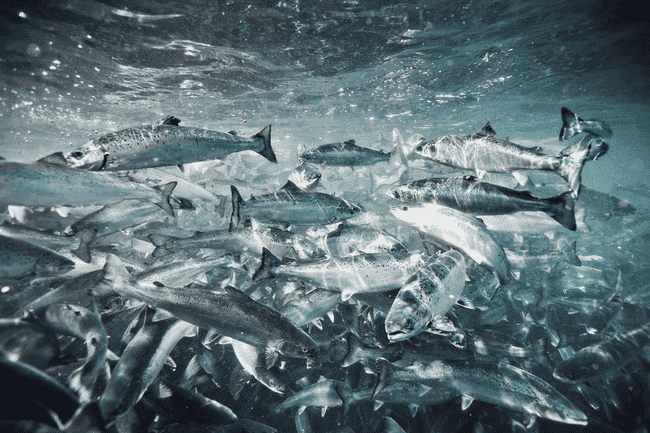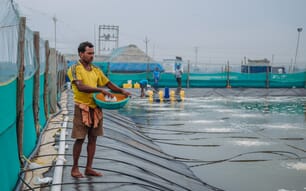
The findings of a recent collaborative research project suggest that Atlantic salmon fed a diet supplemented with Aspergillus niger mycelium-derived β-glucans exhibit greater resistance to ulcerative diseases. Lead by Dr Fabio Zanuzzo and his team, the study resulted from a collaboration between Onda - a contract research organisation – and Citribel – a Belgium-based producer of mycelium.
In order to investigate the effects of the mycelium-derived β-glucan, the researchers fed Atlantic salmon diets containing differing levels of the experimental compound and a similar compound sourced from commercial yeast. Following five weeks under this feeding regime, the fish were exposed to the bacteria Tenacibaculum maritimum and Moritella viscosa.
Fish fed the mycelium-derived compound expressed a marked upregulation of immune response markers and had a significantly lower mortality compared to fish fed on the commercial yeast and control diets. For fish exposed to T. maritimum, mycofence reduced the risk of mortality by almost 43 percent, whilst it reduced the risk of death from M. viscosa infection by 31 percent.
“Our research clearly demonstrates that Mycofence, a novel β-glucan derived from Aspergillus niger, significantly improves the immune response and survival rates of Atlantic salmon during ulcerative disease outbreaks. These findings provide a promising alternative to commercial yeast β-glucan and can greatly benefit aquaculture practices. Onda and Citribel are committed to advancing aquaculture health and sustainability through innovative research and development, said Dr Zanuzzo, in a press release.




